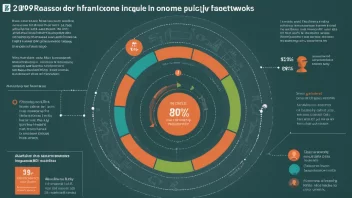Grassroots movements have emerged as a vital force in shaping democratic societies across the globe. These movements, which originate from the community level, empower ordinary citizens to engage in political processes and advocate for change. In this article, we will explore the significance of grassroots movements in democracy, their impact on social change, and the challenges they face.
At their core, grassroots movements are driven by the collective efforts of individuals who share common goals, often relating to social justice, environmental concerns, or political reform. They differ from traditional political organizations in that they are typically less hierarchical and more inclusive, allowing for a diverse range of voices to be heard. This inclusivity is crucial in a democracy, as it ensures that marginalized groups have a platform to express their needs and aspirations.
One of the key benefits of grassroots movements is their ability to mobilize communities around pressing issues. For instance, movements like Black Lives Matter and Fridays for Future have galvanized millions to advocate for racial equality and climate action, respectively. These movements leverage social media and digital platforms to amplify their messages, reach wider audiences, and organize protests and campaigns effectively. The viral nature of these movements demonstrates the power of collective action in the digital age.
Moreover, grassroots movements often serve as incubators for new ideas and solutions. They challenge the status quo and push for innovative approaches to longstanding problems. For example, community-led initiatives in urban areas have led to the development of sustainable practices, such as urban gardening and local recycling programs. These initiatives not only address immediate community needs but also inspire policy changes at higher levels of government.
However, grassroots movements are not without their challenges. They often face opposition from established political entities and may struggle to gain recognition in a political landscape dominated by larger organizations. Funding can also be a significant hurdle, as many grassroots initiatives operate on limited budgets and rely heavily on volunteer support. Additionally, the very inclusivity that makes these movements powerful can lead to internal conflicts and disagreements about goals and strategies.
Despite these challenges, the resilience of grassroots movements highlights their importance in a functioning democracy. They encourage civic engagement, promote accountability, and foster a sense of community ownership over political processes. As citizens increasingly seek to influence the decisions that affect their lives, grassroots movements will continue to play a crucial role in shaping the future of democratic governance.
In conclusion, grassroots movements are a testament to the power of ordinary people in a democracy. They provide a platform for diverse voices, advocate for social change, and inspire innovative solutions to pressing issues. As we move forward, it is essential to recognize and support these movements, as they are integral to the health and vibrancy of democratic societies.






